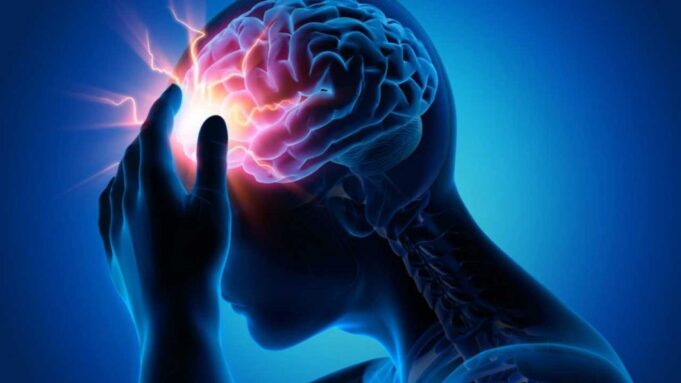Dr. Temitope Farombi, a consultant neurologist at the University College Hospital (UCH) in Ibadan, has raised a stark warning that the prevalence of brain disorders in Nigeria will triple by 2030.
According to Dr. Farombi, with one in four Nigerians suffering from hypertension and one in six from diabetes, the country is on the brink of a neurological crisis.
She emphasized that by the next decade, the nation could see a dramatic rise in cases of neurological conditions such as stroke, epilepsy, depression, mental health disorders, and other brain-related ailments.
Dr. Farombi made this statement during the opening of her new neuro-critical and neuro-rehabilitation facility, the Brain Centre, in Ibadan.
The centre, she explained, is not just a hospital, but a hub for pioneering treatments, research, and compassionate care aimed at tackling the growing burden of neurological disorders in the country.
“As we know, hypertension and diabetes are major contributors to neurological issues. By 2030, Nigeria will face three times the number of neurological conditions we currently have, which will include serious cases like epilepsy, stroke, and mental health diseases,” she stated.
She also emphasized the critical role of government support in retaining medical talent within the country and stressed that her decision to return to Nigeria after studying abroad was driven by a desire to give back to the community and contribute to the advancement of healthcare in Nigeria.
The commissioning event was attended by various dignitaries, including the Deputy Vice Chancellor of Chrisland University, Abeokuta, Prof. Olatunde Farombi; Director-General of the National Agency for the Control of Aids (NACA), Dr. Temitope Ilori; and Chief Sharafadeen Alli, the representative of Oyo South Senatorial District.
Dr. Ilori praised the Brain Centre as a game-changer in Nigeria’s healthcare system, particularly in addressing the critical need for specialized care in the field of brain health.
She highlighted the facility’s potential to support long-term recovery for patients with complex neurological conditions, especially those living with HIV.
“The Brain Centre is a beacon of hope for all Nigerians, including those living with HIV, ensuring that brain health is prioritized in the healthcare system,” she said.
Senator Sharafadeen Alli, represented by Dr. Saka Adewunmi, echoed these sentiments, calling the Brain Centre a monumental achievement for the region and urging that it serve as a model for innovative healthcare solutions nationwide.
The opening of the Brain Centre, Dr. Farombi believes, will address a critical gap in Nigeria’s healthcare infrastructure, offering specialized care for neurological emergencies and long-term recovery for individuals with complex conditions.
Dr. Ilori, in her keynote address, stressed that the hospital would improve the standard of healthcare across Nigeria, offering life-changing treatment to many.
Dr. Farombi also noted the importance of government policy in shaping the future of Nigeria’s healthcare system, emphasizing the need for support to ensure the success of medical facilities like the Brain Centre, which aims to transform the landscape of brain health in the country.

















